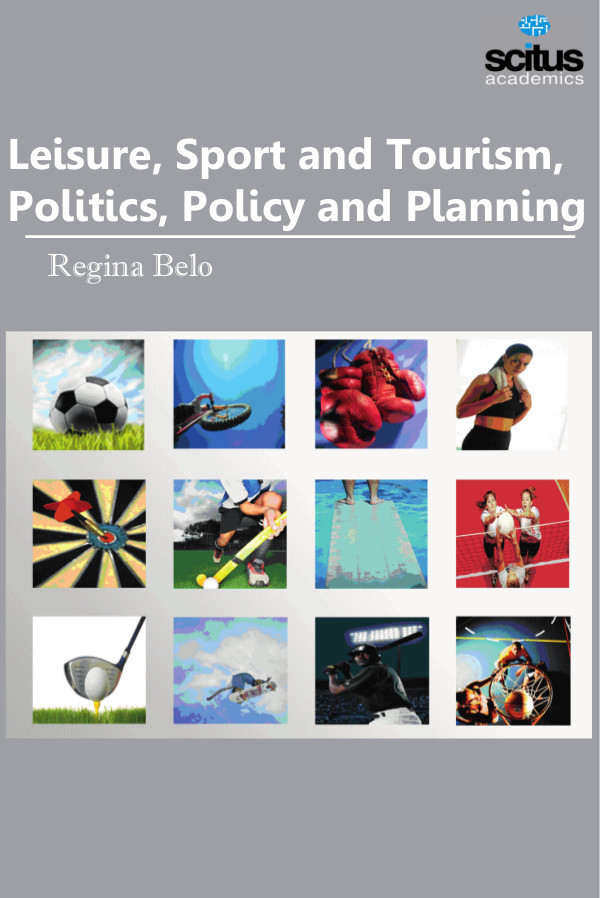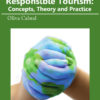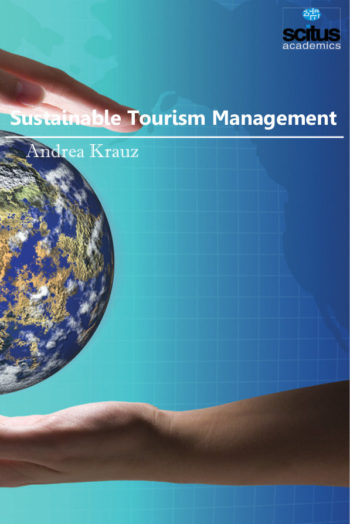Leisure travel is travel in which the primary motivation is to take a vacation from everyday life. Leisure travel is often characterized by staying in nice hotels or resorts, relaxing on beaches or in a room, or going on guided tours and experiencing local tourist attractions. Most meals are eaten out when traveling for pleasure, and often more expensive modes of transportation, such as taxis, are used to get around. In some cases, leisure travel might be used to refer to any trip that lasts more than a week, regardless of the primary focus. Leisure travel is generally seen as the opposite of business travel. Leisure travel can be many things, but besides being a vacation, it doesn’t have to be any one of them. Although many leisure travelers spend more money than they would in their everyday life, others might choose to travel frugally. The tourism industry has started to recognize sport tourism, i.e. the experience of travel to engage in or view sport-related activities, as an important market. In order to compete in the growing sport tourism market, it is crucial for communities to develop a profound understanding of the benefits and impacts of sport tourism, of the process of bidding for events, possible sponsorship opportunities and other elements involved in the planning and hosting of a successful sport event.
Leisure, Sport and Tourism, Politics, Policy and Planning promote, enhance and disseminate research, good practice and innovation in all aspects of Hospitality, Leisure, Sport and Tourism and Events to its prime audience including teachers, researchers, employers, and policy makers. Encourage greater understanding, links and collaboration across its constituent fields. It covers theoretical perspectives and practical guidelines for the application of a range of analytical techniques, making it valuable tool for students as well as practitioners.













